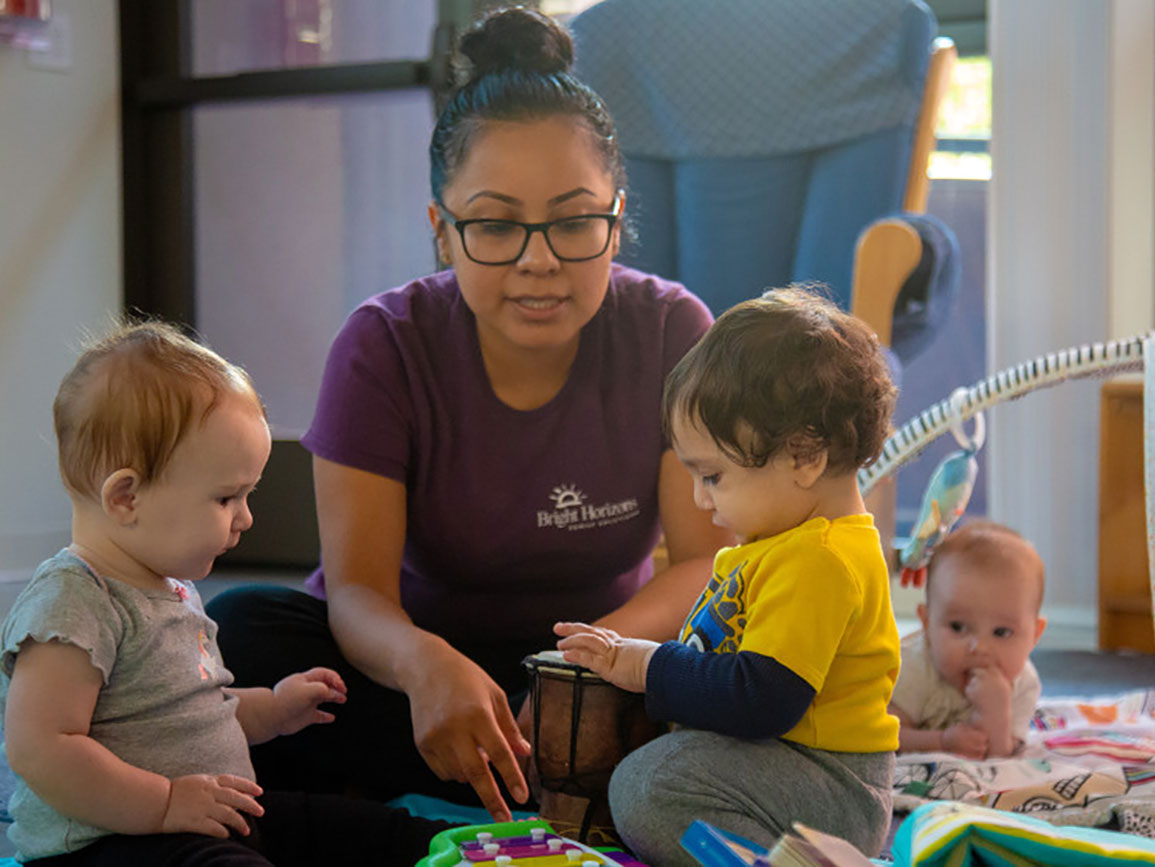Even though bedwetting usually disappears naturally over time, it can cause stress and frustration for you and your child. How many wet sheets can a weary parent change without becoming agitated? You are not alone. The American Academy of Pediatrics estimates that half of 3-year-olds, 20 percent of 5-year-olds, 10 percent of 6-year-olds, and 3 percent of 12-year-olds experience enuresis.
How to Support Your Child to Stop Bedwetting
Though toilet learning accidents are common occurrences, how to deal with it may not come naturally to parents. Since many children, especially school-age, may become discouraged and depressed about bedwetting, parents can play a vital role in reassuring their child and offering support.
- Remind your child to go to the bathroom before bed.
- Offer subtle praise for dry nights, but keep in mind that toilet learning success or the lack of success is beyond your child's control.
- Limit liquids two hours before bedtime.
- Wake your child once during the night to go. That's a tip for only the boldest of parents. Some believe in never waking a sleeping child.
- Adopt a no-teasing policy among siblings.
Tips for Quick Bed/Bedding Cleanup
Bedwetting may be a normal part of growing up, but its so much messier than learning to read or ride a bike. Here are a few tips to make cleaning easier:
- Put a water absorbent or waterproof mattress pad over your child's bed and yours if they like to sleep or snuggle with you.
- Make the bed twice. Put a mattress pad on the bed, a set of sheets, another mattress pad on top of that and another set of sheets. In the middle of the night just strip off the wet mattress pad and sheets and underneath, the bed is already made.
How Pediatricians Can Help with Bedwetting
If your child is wetting the bed, he may not want to go on sleepovers or attend camp for fear someone will find out. Disposable underwear is so thin and absorbent that many children can wear them under their pajamas and no one knows. For older children, your pediatrician can also help with medication and devices like bedwetting alarms. As in any medical or developmental situation, your pediatrician is your best source for information.
More on Toilet Learning
- If you're wondering when bedwetting accidents after toilet learning is more than just an accident, read one parents journey to help prevent bedwetting.
- Are you ready to say goodbye to diapers? Now ask yourself, is your child ready? Here are some tips and strategies to achieve potty success.
- Are you facing toilet learning nightmares and struggles at home? Our blogger is having challenges training her son.
- With toilet learning, its natural for accidents to occur. Here are a few ways to cope with toilet learning accidents.





